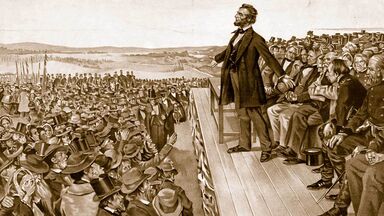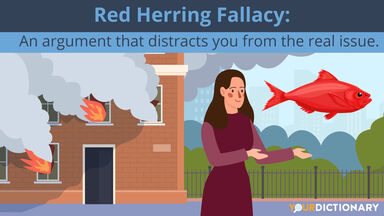We Definition
- she and I
- they and I
- he and I
- us
- you and I
Origin of We
-
From Middle English, from Old English wÄ“ (“we"), from Proto-Germanic *wÄ«z, *wiz (“we"), from Proto-Indo-European *wéy (“we (plural)"). Cognate with Scots wee, we (“we"), North Frisian we (“we"), West Frisian wy (“we"), Low German wi (“we"), Dutch we, wij (“we"), German wir (“we"), Danish, Swedish and Norwegian vi (“we"), Icelandic vér, við (“we").
From Wiktionary
-
Middle English from Old English wē we- in Indo-European roots
From American Heritage Dictionary of the English Language, 5th Edition





